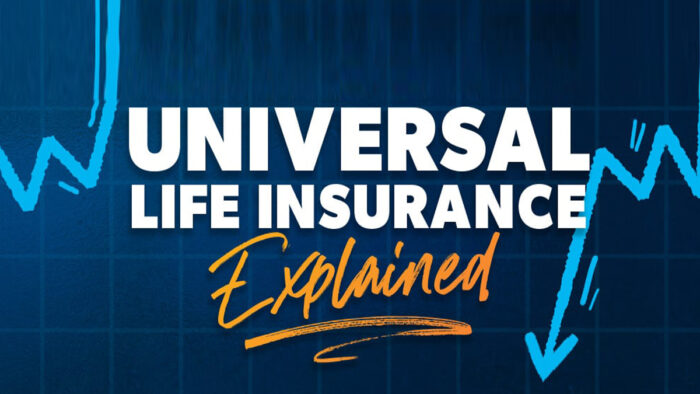Universal life (UL) insurance is like every other permanent insurance that offers a cash value element and lifetime coverage, provided you keep up with the payment of your premiums.

With universal life insurance, you can raise or lower your premiums within the limits provided by your insurance company. Kindly note that, if your investments perform poorly, it can have an adverse effect on your death benefit; it could also lead to policy lapses.
How Does Universal Life Insurance Work?
Unlike whole life insurance, universal life insurance offers more flexibility tailored to meet the specific needs of policyholders. Its flexible nature allows policyholders to adjust their premiums and death benefit to their preferences. This type of insurance consists of two components: the cost of the insurance amount and a saving component. This makes up the cash value.
The cost of insurance includes charges for mortality, policy administration, and other related expenses that keep the insurance running. The COI is dependent on the age of the policyholder, insurability, and the insured risk amount.
The excess premiums collected from the cost of universal life insurance will automatically lead to the growth of the cash value portion of the policy. As the policyholder grows and ages, the cost of insurance will also increase. Nevertheless, the accumulated cash value can be used to cover the increase in the cost of insurance if it is sufficient.
To get a better understanding of how it works, consult your insurance company directly and ask for clarity as regards the terms and conditions and other features.
Who Should Consider Universal Life Insurance?
Well, if you seek potential growth in your cash value, UL insurance is an ideal option. It helps you accumulate your cash value, provided the underlying investments perform excellently. Also, you should consider universal life insurance if you seek an adjustment in your premium payment amounts. Endeavour to check out the limit from your insurance provider to be on the safer side.
Pros and Cons of Universal Life Insurance
In order to get a better understanding of ULinsurance, it is important to check out its advantages and drawbacks. We would consider its advantages first; they are highlighted below.
Pros
- It features flexible premiums.
- It is affordable compared to whole life insurance.
- There is a potential flexible death benefit.
- Growth of cash value.
- Features policy loans; this allows individuals to take out a loan from their built-up cash value.
Cons
Let us also consider the disadvantages of UL insurance, which include:
- Complex in nature due to its variety of types and different features, thus making it difficult to understand.
- Policy loans and withdrawals have an adverse effect on cash value, which would result in lapses in policy.
- Risk of large payment requirements.
- Not all universal life policies guarantee potential cash value growth.
- Some withdrawals attract taxes.
- Once the policyholder dies, the cash value is lost.
The reason we are examining both the pros and cons of universal life insurance is to enable you to have a wider scope of what it entails. This would also influence your decision on whether obtaining one is an ideal option for you. Notwithstanding, it is evident enough that the benefits outweigh the disadvantages. So, yeah, UL insurance should be an ideal option for you.
FAQs
Whole life or universal life—which is better?
These two types of insurance differ in terms of their distinctive features, but they are both forms of permanent life insurance that provide cash value savings to policyholders. While whole life insurance features fixed premiums, universal life insurance premiums are lower and more flexible.
It all boils down to individual needs and preferences, which means the appropriate answer to this question depends on you, the amount of coverage you seek, and the flexibility you look out for in a permanent policy. Either of the two can come in handy, depending on the situation you seek coverage for.
What happens to the cash value of a universal life policy at death?
The accumulation of cash value is one of the benefits of universal life insurance. Thus, a lot of people ask what becomes of the cash value once the policyholder passes away. Here’s the answer: after death, the cash value accumulated overtime will be reverted back to the life insurance company. Now, the beneficiaries are entitled to all of the death benefits of the policyholder.
What’s the difference between whole life insurance and universal life insurance?
The most visible difference between the two types of policies is flexibility. Universal life insurance is known to be more flexible than whole life insurance; hence, it is being sought after in the insurance industry today.
With UL insurance, you can enjoy your premium rates and death benefits. On the other hand, there’s a fixed premium payment in whole life insurance.
Nevertheless, the two types of insurance policies feature a potential cash value, and you can also add riders to either of them.



